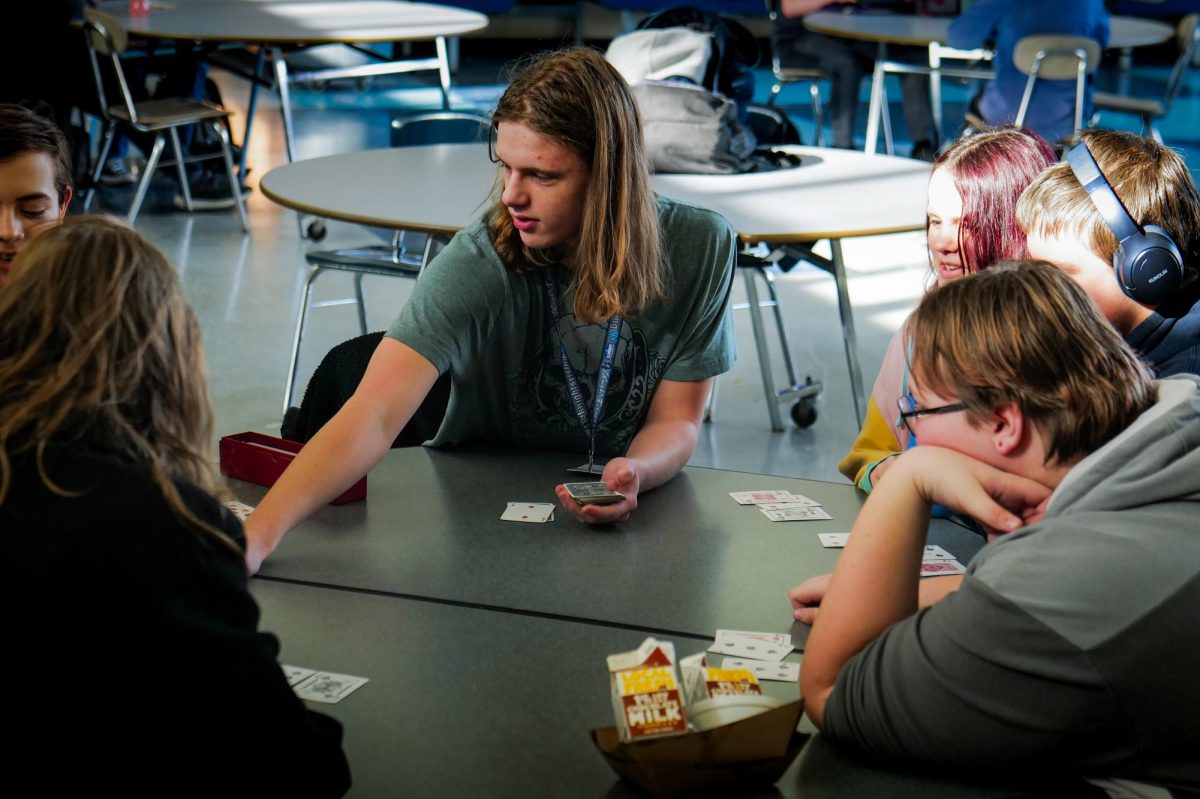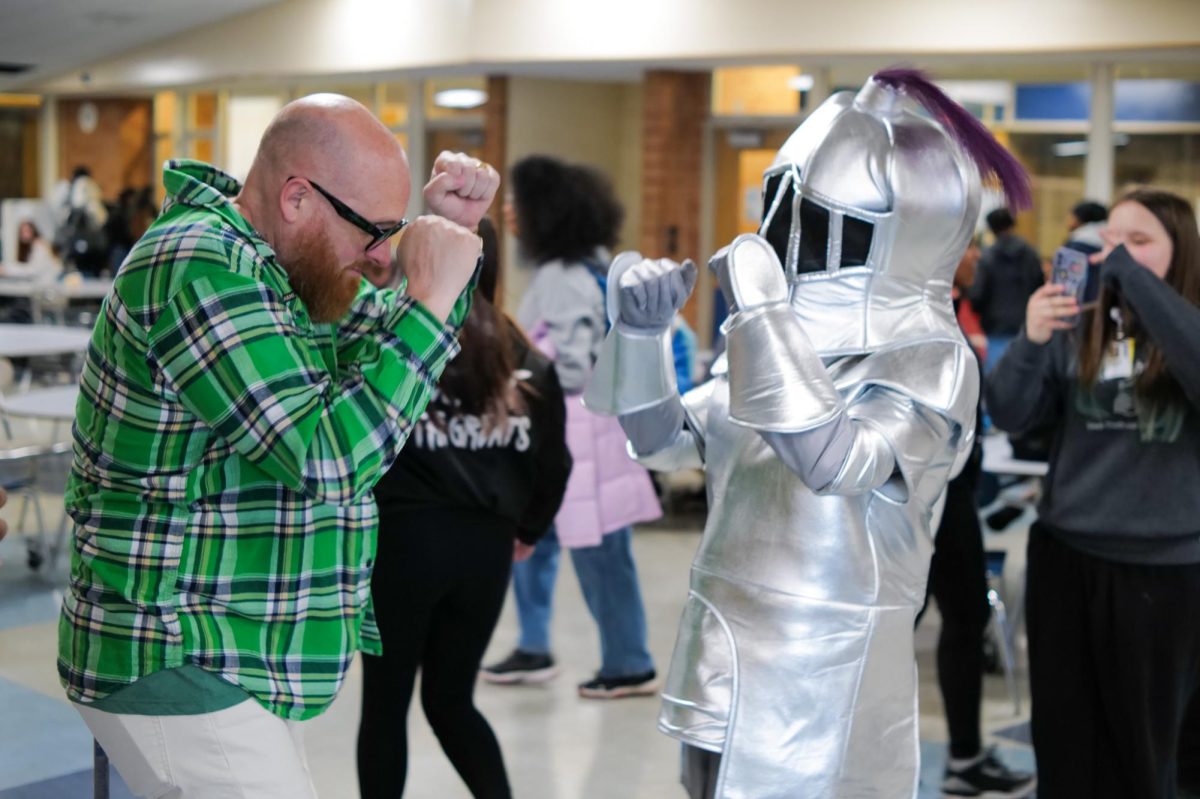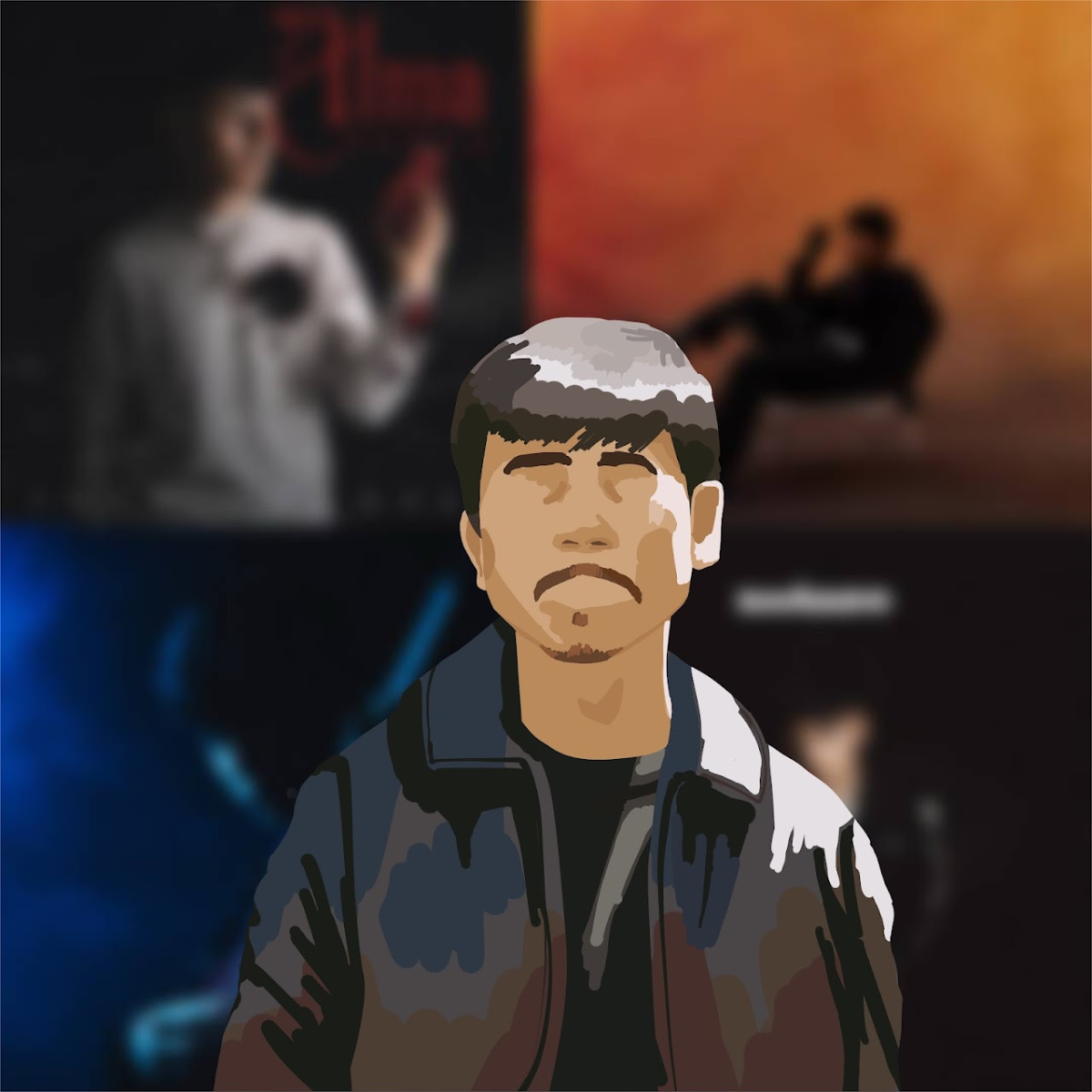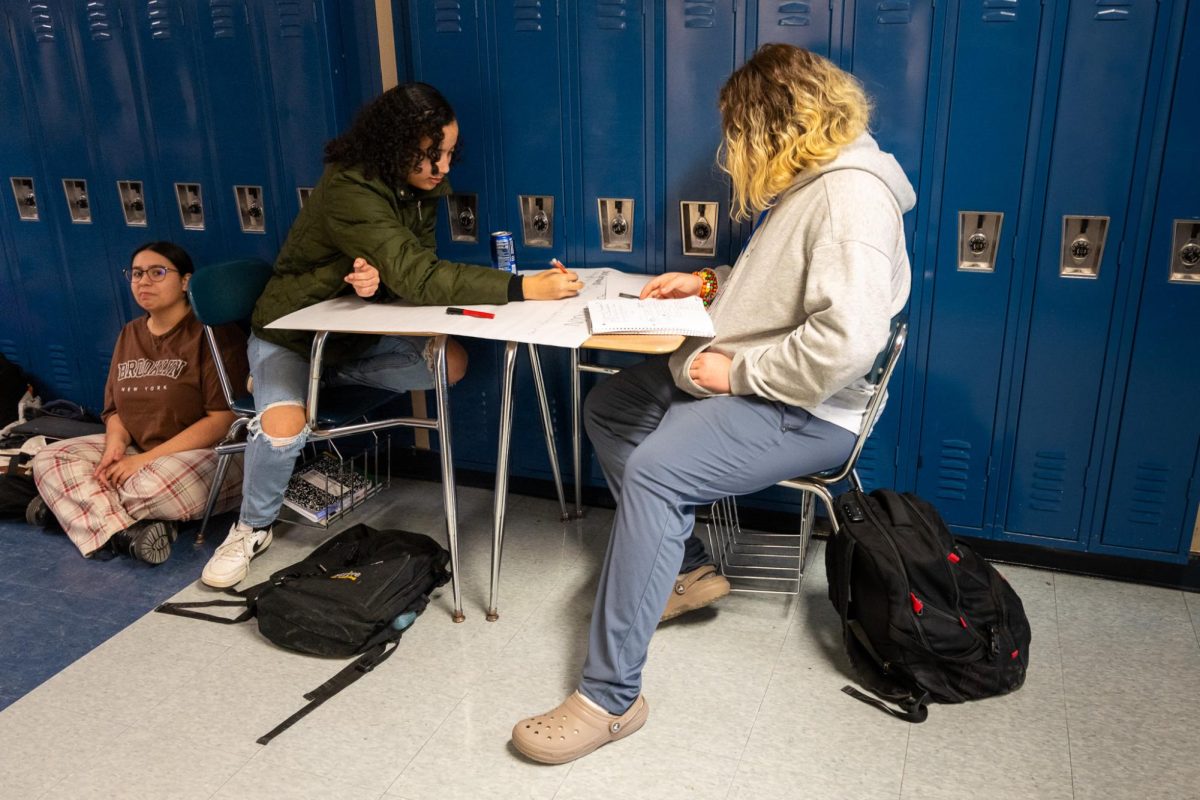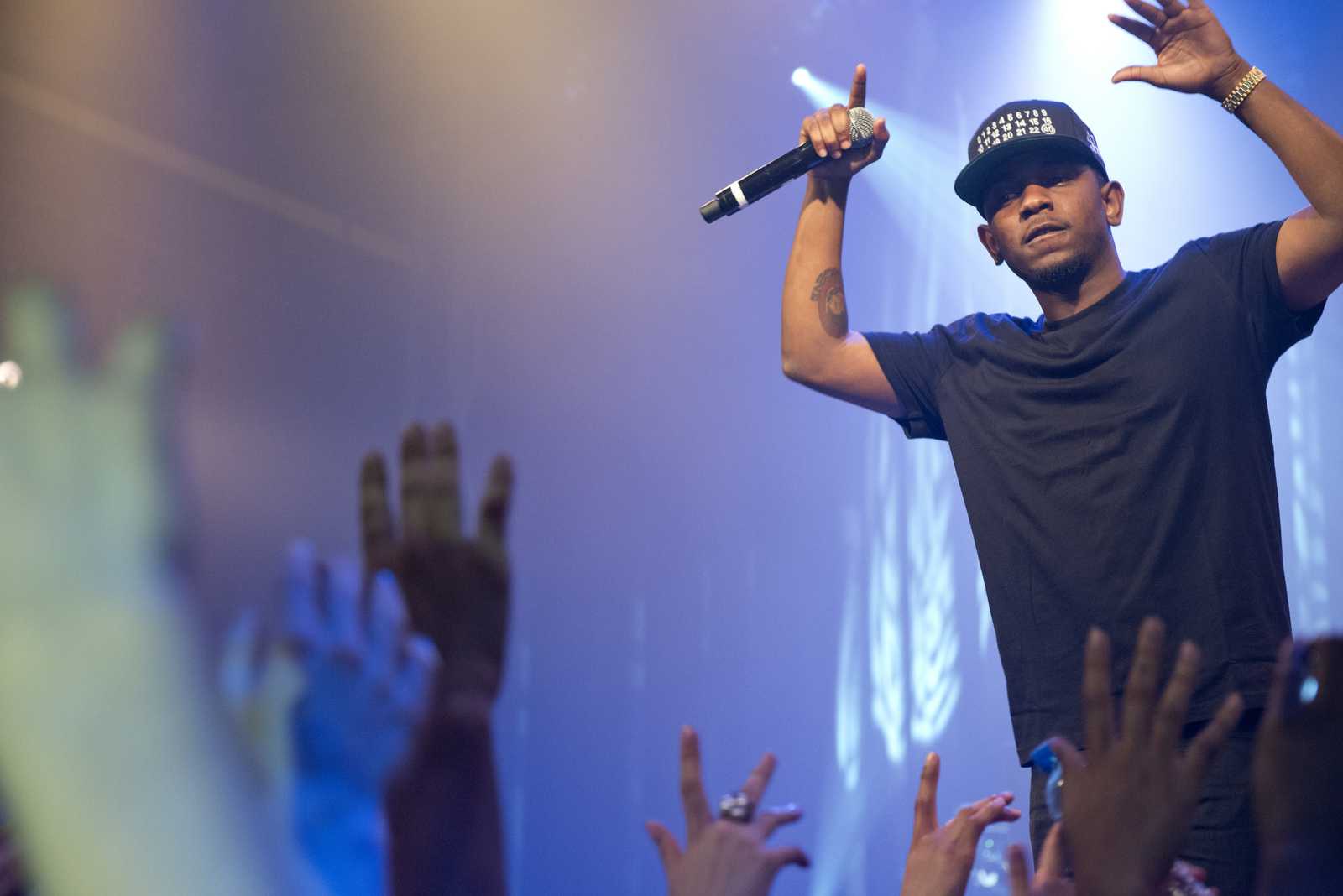
“You shoulda filled that black revolver blast a long time ago
And if those mirrors could talk it would say, ‘you gotta go’
And if I told your secrets
The world’ll know money can’t stop a suicidal weakness”
-lyrics from rapper Kendrick Lamar’s song “u”
When you think of Hip-Hop/R&B music you typically think of classic artists such as 2pac or Outkast. You think of the rhythm and lyrics that talk about gangs, money, degrading women and other Hip-Hop stereotypes. What doesn’t come to mind when trying to remember that catchy lyric you heard on the radio, is an artist opening up the conversation on the reality of mental health disorders.
According to the National Alliance on Mental Illness, mental illness affects 1 in 5 American adults and 9.8 million people in the U.S. are suffering from a serious mental disorder. Depression, Anxiety, Bipolar Disorder, Schizophrenia and hundreds of other illnesses are daily realities that many people have to deal with, and nowadays these realities are being acknowledged.
Rappers like Gucci Mane, Kid Cudi, Kanye West, Kendrick Lamar and many other popular artists use music as their platform to discuss mental illness and talk about their own personal experiences.
For example, in October 2016, famous rapper Kid Cudi announced to his fans over Facebook that he was putting himself in rehab due to his “suicidal urges.”
“I am not at peace. I haven’t been since you’ve known me. If I didn’t come here, I would’ve done something to myself,” Cudi said via social media, “I simply am a damaged human swimming in a pool of emotions everyday of my life.”
Cudi isn’t the only rapper that faces these issues either. Kanye West admitted that he suffered from depression in 2007 after the death of his mother. Future and Kendrick Lamar both incorporate their battles with mental health into their music to share with fans by talking about the troubles of growing up in poverty and how it affects them to this day.
Senior Reilly Malpass, who is strongly influenced by Kendrick Lamar, thinks that he has a different approach on bringing awareness to the rap game.
“In ‘To Pimp a Butterfly’ he had poems, a line of poems at the end of every song and it created a very dark scene,” Malpass said.
Chance the Rapper recently opened up about living with Anxiety and told “Complex Magazine” that mental health hasn’t been a topic the mainstream media was open to talking about until recently.
“For a long time that wasn’t a thing that we [society] talked about. I don’t remember people talking about it… when I was growing up. I’m starting to get a better understanding of that part of my life,” said Chance.
These artists are making a difference in their fans’ lives everywhere by sharing their problems, reaching students in our own school.
Senior Donavan Powell, fan of Kanye West, thinks that these artists are using their platforms to vent and talk about their everyday problems that fans can relate to.
“They’re just normal people, a lot of people like to say they’re higher or treat them like they are [famous], that’s not the case at all,” Powell said, “They’ll have the flashy clothes and the chains. They’ll have the look, just the look doesn’t matter, it’s what going on in their head.”
Childish Gambino is another artist that uses music to discuss his inner demons and in his new album “Awaken, My Love!” he uses more of instrumental beats to describe what he’s feeling than just focusing on his lyrics. Senior Abigail Lindblade, fan of Gambino, thinks that the album is very influential and relatable when addressing mental health.
“It’s really easy to see and understand the different emotions, the different stages, different experiences than in his other albums,” Lindblade said.
Mental health disorders are real and affect millions; for Hip-Hop and R&B artists, it’s a big conversation that they are ready to discuss with the world through their music and public platforms. All of these rappers want to tell their fans that it’s okay to struggle and need help, and that even those with amazing talent have their own dilemmas and are ready to take a stand against the illnesses that affect millions.



